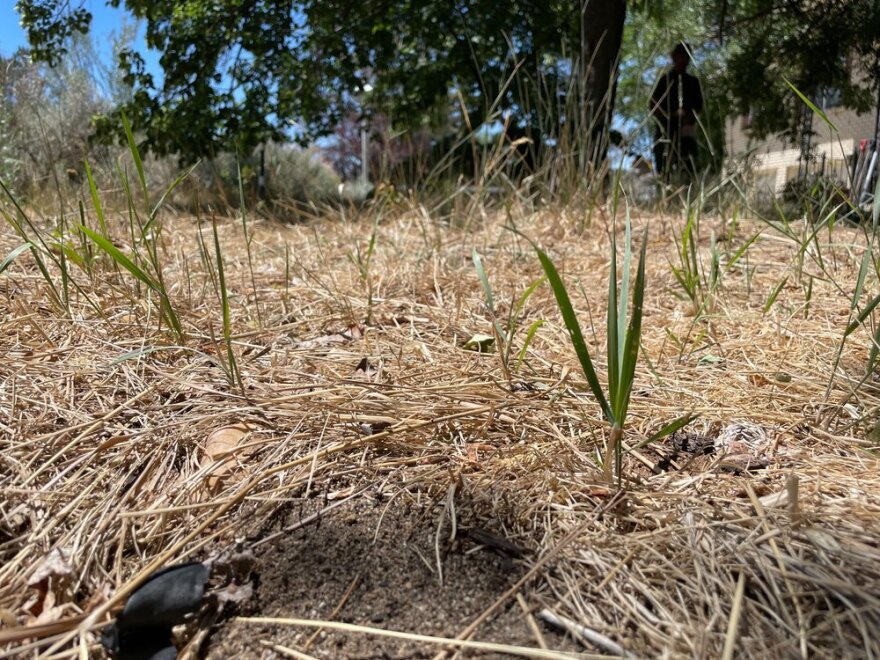This summer was the driest ever in New Hampshire since data collection began in the late 19th century, according to the National Oceanic and Atmospheric Administration.
The state got just 7.53 inches of rain on average from June through August, slightly less than the previous record set in 1913, 7.6 inches.
The summer got progressively drier, with August ranking as the second driest August ever, with only 1.38 inches of rain, more than 2 inches below the historical average.
Over the 131 year record, 2025 was the 10th hottest summer in New Hampshire and the 12th hottest nationally. Generally, the state has been getting warmer due to man-made climate change.
Karin Gleason, chief of the monitoring section at NOAA's National Centers for Environmental Information, said the state has been warming faster in recent years.
“We haven't had a ‘below the 20th century average’ summer in New Hampshire since 2009,” Gleason said.
While this summer got drier as it went on, the temperatures didn’t follow a linear trend. July was the warmest month, and August the coolest, and closest to the historical average.
Gleason said part of understanding local conditions requires zooming out to see how the state fits into larger trends across the country.
“The weather pattern was not favorable for precipitation from the central Mississippi Valley through the Ohio Valley and into the Northeast during August,” she said. “There just weren't any storm systems that traversed that part of the country.”
Now in September, almost all of the state is in a drought, with the most severe conditions in the northern half of the state. Gleason said these conditions intensified quickly, in large part because the heat of the summer led to more evaporation.
The drought has impacted residents and wildlife alike, with strains on local fish, concerns about dull fall foliage and fire bans in place because of the heightened risk of wildfire.
Generally, climate change is making the state wetter and warmer, but it is also increasing the likelihood of short-term drought. It also makes extreme weather events and dramatic swings more likely.
Last summer was the warmest summer ever recorded in the state. Yet just two years ago, the state saw its wettest summer ever, with an average of 21.14 inches over the same three-month period.
Year-to-date data paints a slightly different picture, with precipitation only slightly below average, likely because of a rainy spring. Still, the average temperature for the first 8 months of 2025 make it one of the top 20 warmest years ever recorded.


